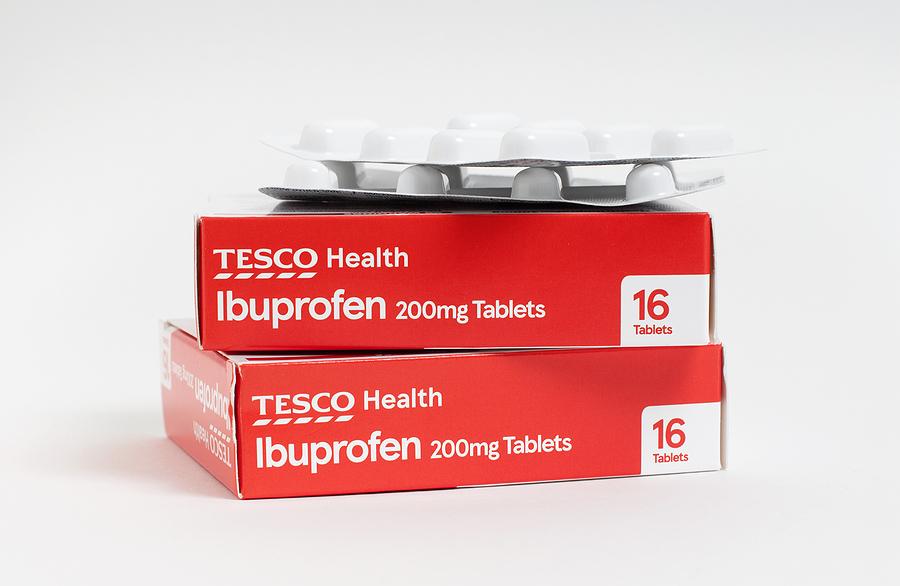
If you had a wisdom tooth pulled in the early 2000s, it may have seemed standard practice to receive a prescription for Vicodin, Tylenol 3 with codeine or another opioid-based drug. If later in life you went in for another procedure—another extraction or a filling or crown—you may have been surprised to hear your dentist recommend an over-the-counter pain reliever. Like the rest of the medical world, dentistry has had to come to grips with the opioid crisis while still providing the best pain management possible.
The Opioid Epidemic
According to statistics from the Centers for Disease Control & Prevention, 80,411 people died from opioid overdoses in the U.S. alone in 2021. That’s a sharp increase from 1999, which was well below 20,000. One of the reasons for this uptick in addiction & deaths was the increased use of opioids for pain management & the subsequent abuse by the then-dependent patient. In the same study, of the opioid deaths in 2021, 16,706 deaths were caused by prescription opioids. This is much higher than the fewer than 5,000 in 1999 & is greater than the 2021 deaths attributed to heroin, 9,173.
In the U.S., dentists account for roughly 9% of opioid prescriptions. That wisdom tooth extraction led to a particular abuse among adolescents, who commonly have the procedure done.
So why would dentists—along with the entire medical field—prescribe such a potentially harmful drug, even with its effective pain treatment? The debate as to how this came to be is still contested, & each doctor’s prescriptions & their reasons may vary. An article in Harvard T.H. Chan School of Public Health suggests that the problem stems from the “mid-1990s when the powerful agent OxyContin, promoted by Purdue Pharma & approved by the Food & Drug Administration, triggered the first wave of deaths linked to use of legal prescription opioids.”
Fortunately, prescriptions have been decreasing, with awareness of the risk of opioids much more common among both doctors & patients. From 2012 to 2019, the prescription rate fell by over 50% for adults 21 to 64 years old & a similar drop in youth. So while the opioid crisis continues, access to legal drugs that can be abused has declined.
Alternative Remedies
The majority of dental procedures shouldn’t worry patients in terms of pain management. Over-the-counter pain killers—particularly ibuprofen—are effective at mitigating pain & allow for the return to normal function as affected treatment areas heal. These drugs are far safer & carry virtually no risk of dependency. While you should always follow recommended doses, these pills can be taken regularly over the course of recovery. Dentists may also recommend combining ibuprofen with acetaminophen. Your dentist will go over dosage amounts with you as each person’s needs will vary. Along with proper hygiene habits, these mild drugs can lead to a comfortable & smooth recovery.
Sources:
https://nida.nih.gov/research-topics/trends-statistics/overdose-death-rates
https://www.ncbi.nlm.nih.gov/pmc/articles/PMC6327317/
https://jamanetwork.com/journals/jama/fullarticle/2695661
